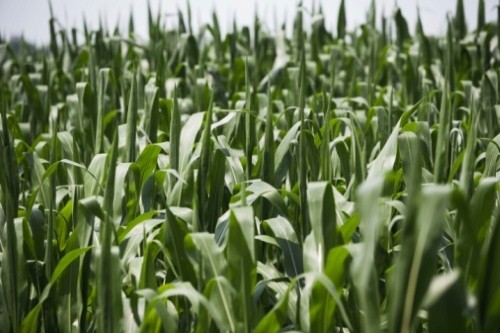Last week the U.S. government announced that it expects the record-breaking heat and lack of rain to cause the prices of food – including milk, beef, chicken and pork – to increase. Nearly 88 percent of the corn crop, which is the nation's leading farm export, has been affected by the drought, according to the New York Times.
The National Oceanic and Atmospheric Administration (NOAA) has 2012 listed as the hottest year ever, with records dating back to 1895. As such, the production of corn, soybeans and other crops have been affected, which in turn, negatively impacts poultry and livestock – less of a food source for them.
Chris Christopher, senior principal economist at the consulting firm IHS, said that consumers, particularly the poor and unemployed, will be greatly impacted from the weather aftermath. Specifically, he said, there are many individuals in the country living paycheck to paycheck, and this situation will be especially difficult for them.
Jim Rogers, an American investor, told Business Insider that while the drought is a terrible thing, greater agricultural issues are at hand.
"The drought is a big deal if it's not raining on your farm. But it is good for farmers in other parts of the world," Rogers said. "You can't have perfect weather conditions everywhere, every year. And with all the other problems, we're hitting trigger points."
While farmers and small business owners might be the immediate ones affected from the severe drought, it is important to realize the outstretching effects from the weather. As such, companies and organizations of all kinds and sizes should ensure that an up-to-date business continuity plan is in place. That way, proper preparation can be taken for any type of impact that might incur from increasing food and crop prices.

